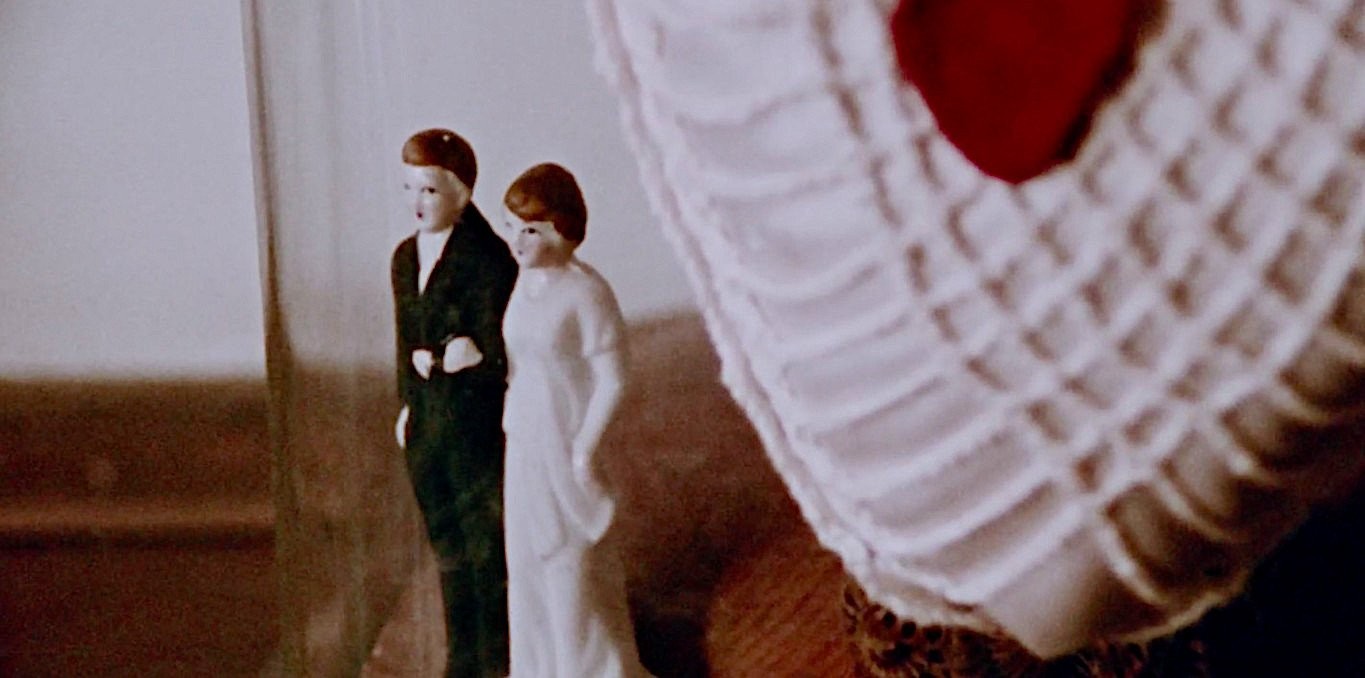Mireille Dansereau

Mireille Dansereau is a director, screenwriter, producer, and editor born in Montreal in 1943. She was raised in a bourgeois environment that later became a source of inspiration for her work. Her artistic sensitivity developed through dance training and literature studies at the University of Montreal. She entered the world of filmmaking by directing the short film One Day... which was presented at the Montreal Universal Exposition in 1967. She then pursued a master's degree in cinema at the Royal College of Art in London, where she made Compromise (1969), receiving the first prize at the National Student Film Festival in London, followed by Forum (1969). Upon her return to Quebec, she co-founded the Association coopérative de productions audio-visuelles (ACPAV), which produced her film Dream Life (1972). This achievement made her the first Quebecois woman to direct a feature film. The film addresses themes that would become central to her work, including the questioning images, the female body, sexism, and the search for the father figure. She then joined the National Film Board of Canada's En tant que femmes program, where she directed J’me marie, j’me marie pas (1973) and Famille et variations (1977), both films making observations about the status of women at that time. Subsequently, she worked on television projects and two feature films, including Deaf to the City (1987), which competed at the Venice Film Festival. In the 1990s, the essay form enabled her to explore family relationships while continuing to assert her feminist outlook. She also returned to the NFB to direct two documentaries: Les seins dans la tête (1994) and L'idée noire (2000). In 2022, Mireille Dansereau was awarded the Prix Albert-Tessier, the highest distinction awarded to an individual for outstanding contribution to Quebec cinema.
Related to this realisator

J'me marie, j'me marie pas
Subscription access
What value, whether radiant or destructive, does love hold in women's lives? Does marriage enable them to realize their full potential? Can motherhood be separated from a relationship with a man, or is it a choice to be refused? To shed light on these questions and many others, four women in search of their liberation, belonging to the generation of 28-30-year-olds in the early 1970s, express t...

Markets of London
Subscription access
The story of two characters we hear but never see. Like an old manuscript tucked away at the back of a drawer, the film begins as a young student films the markets of London in 1969. Twenty-five years later, she invites a man to watch the film that captures her youth. The couple engages in a dialogue about the images of that era, and a budding love emerges as the film comes to an end. Much like...

Entre elle et moi
Subscription access
Madeleine Dansereau was the first female jeweler in Quebec. She began her career at the age of 47, just as doctors diagnosed her with breast cancer. Her daughter, filmmaker Mireille Dansereau, reflects on their relationship over the last twenty years while maintaining her film career as a backdrop.

One Day...
Subscription access
A 15-year-old girl evokes the boredom of her bourgeois environment and brings charges against her father and mother. A walk with her dog serves as a pretext to see life through the eyes of this teenager who feels alienated from the world around her.

J'me marie, j'me marie pas
Subscription access
What value, whether radiant or destructive, does love hold in women's lives? Does marriage enable them to realize their full potential? Can motherhood be separated from a relationship with a man, or is it a choice to be refused? To shed light on these questions and many others, four women in search of their liberation, belonging to the generation of 28-30-year-olds in the early 1970s, express t...

Markets of London
Subscription access
The story of two characters we hear but never see. Like an old manuscript tucked away at the back of a drawer, the film begins as a young student films the markets of London in 1969. Twenty-five years later, she invites a man to watch the film that captures her youth. The couple engages in a dialogue about the images of that era, and a budding love emerges as the film comes to an end. Much like...

Entre elle et moi
Subscription access
Madeleine Dansereau was the first female jeweler in Quebec. She began her career at the age of 47, just as doctors diagnosed her with breast cancer. Her daughter, filmmaker Mireille Dansereau, reflects on their relationship over the last twenty years while maintaining her film career as a backdrop.

One Day...
Subscription access
A 15-year-old girl evokes the boredom of her bourgeois environment and brings charges against her father and mother. A walk with her dog serves as a pretext to see life through the eyes of this teenager who feels alienated from the world around her.

